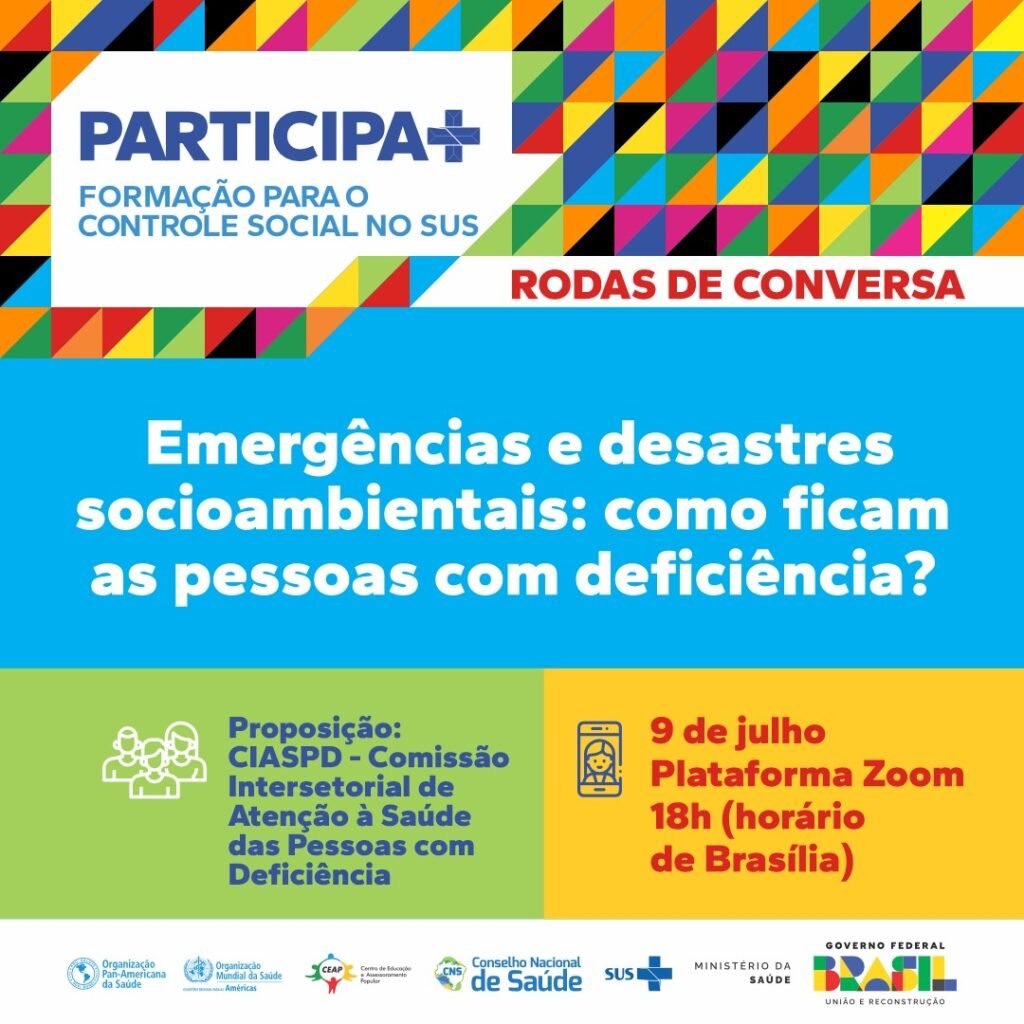Leia abaixo post feito originalmente por Cory Doctorow no blog BoingBoing, um dos mais acessados do mundo.
Cory é um das pessoas que mais entende de novas tecnologias no mundo e é grande defensor da liberdade de expressão. Ele também escreve ficção científica e foi no passado representante internacional da Electronic Frontier Foundation (EFF).
Está ocorrendo nesta semana, de 25 a 29 de maio de 2009, aqui na Organização Mundial da Propriedade Intelectual (OMPI), órgão da ONU, a décima oitava sessão do Comitê sobre Direitos Autorais e Direitos Conexos (SCCR, na sigla em inglês), para tratar das limitações e exceções aos direitos autorais e de um tratado para promover acesso a obras protegidas por direitos autorais para cegos, deficientes visuais e pessoas com deficiências para leitura.
Barack Obama parece não ter mudado sua política na esfera da propriedade intelectual. Assim como vários países ricos, como União Européia (UE), Austrália, Canadá, Noruega, Nova Zelândia e, inclusive, o Vaticano.
É um escândalo não flexibilizar os direitos autorais para cegos e deficientes visuais, que não podem fazer modificaçõe em obras para fazerem com que aparelhos eletrônicos possam ler livros, por exemplo, em voz alta.
São aproximadamente 240 milhões de deficientes visuais ou com deficiência para leitura (tal como disléxicos etc.) no mundo inteiro, algo em torno de 4% da população mundial, segundo a World Blind Union. E o acesso ao conhecimento está sendo negado, de forma vergonhosa, por países ricos.
Cory normalmente não pede para pessoas espalharem notícias de forma viral, mas neste caso de extrema urgência e importância ele abre uma exceção e pede para que todos blogem, twittem, escrevam e divulguem o absurdo que está ocorrendo aqui na OMPI. Diz Cory:
Normalmente eu não peço aos leitores para fazerem coisas assim, mas por favor enviem esta mensagem para pessoas que vocês conheçam nos EUA, Canadá e União Européia e peçam que elas reproduzam, twittem, divulguem, especialmente para pessoas do governo e ativistas que trabalhem com direitos das pessoas com deficiências visuais ou de leitura.
Leia abaixo matéria no BoingBoing:
Fique a vontade para traduzir para o português e para incluir seus comentários abaixo.
USA, Canada and the EU attempt to kill treaty to protect blind people’s access to written material
Posted by Cory Doctorow, May 29, 2009
Right now, in Geneva, at the UN’s World Intellectual Property Organization, history is being made. For the first time in WIPO history, the body that creates the world’s copyright treaties is attempting to write a copyright treaty dedicated to protecting the interests of copyright users, not just copyright owners.
At issue is a treaty to protect the rights of blind people and people with other disabilities that affect reading (people with dyslexia, people who are paralyzed or lack arms or hands for turning pages). This should be a slam dunk: who wouldn’t want a harmonized system of copyright exceptions that ensure that it’s possible for disabled people to get access to the written word?
The USA, that’s who. The Obama administration’s negotiators have joined with a rogue’s gallery of rich country trade representatives to oppose protection for blind people. Other nations and regions opposing the rights of blind people include Canada and the EU.
Update: Also opposing rights for disabled people: Australia, New Zealand, the Vatican and Norway.
Activists at WIPO are desperate to get the word out. They’re tweeting madly from the negotiation (technically called the 18th session of the Standing Committee on Copyright and Related Rights) publishing editorials on the Huffington Post, etc.
Here’s where you come in: this has to get wide exposure, to get cast as broadly as possible, so that it will find its way into the ears of the obscure power-brokers who control national trade-negotiators.
I don’t often ask readers to do things like this, but please, forward this post to people you know in the US, Canada and the EU, and ask them to reblog, tweet, and spread the word, especially to government officials and activists who work on disabled rights. We know that WIPO negotiations can be overwhelmed by citizen activists — that’s how we killed the Broadcast Treaty negotiation a few years back — and with your help, we can make history, and create a world where copyright law protects the public interest.
I am attending a meeting in Geneva of the World Intellectual Property Organization (WIPO). This evening the United States government, in combination with other high income countries in “Group B” is seeking to block an agreement to discuss a treaty for persons who are blind or have other reading disabilities.
The proposal for a treaty is supported by a large number of civil society NGOs, the World Blind Union, the National Federation of the Blind in the US, the International DAISY Consortium, Recording for the Blind & Dyslexic (RFB&D), Bookshare.Org, and groups representing persons with reading disabilities all around the world.
The main aim of the treaty is to allow the cross-border import and export of digital copies of books and other copyrighted works in formats that are accessible to persons who are blind, visually impaired, dyslexic or have other reading disabilities, using special devices that present text as refreshable braille, computer generated text to speech, or large type. These works, which are expensive to make, are typically created under national exceptions to copyright law that are specifically written to benefit persons with disabilities…
The opposition from the United States and other high income countries is due to intense lobbying from a large group of publishers that oppose a “paradigm shift,” where treaties would protect consumer interests, rather than expand rights for copyright owners.
The Obama Administration was lobbied heavily on this issue, including meetings with high level White House officials. Assurances coming into the negotiations this week that things were going in the right direction have turned out to be false, as the United States delegation has basically read from a script written by lobbyists for publishers, extolling the virtues of market based solutions, ignoring mountains of evidence of a “book famine” and the insane legal barriers to share works.
Fonte: http://a2kbrasil.org.br/EUA-Canada-UE-Noruega-Australia




sou estudante de direito, e deficiente visual, C.I .D -H54.2,e H46 ,quero muito comunicar com amigo, da NOVA ZELADIA,e De outros paises ,gostaria de comprar um NOOT BOOK,com preço mais baixo,para melho o meu desmpenho, em meu estudos. e aprender uma frofissão. Agradeço a vossa atenção.